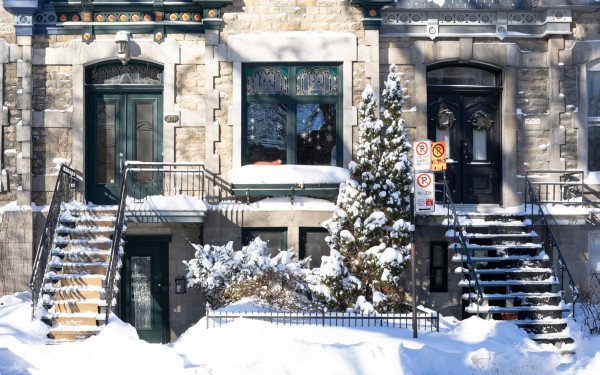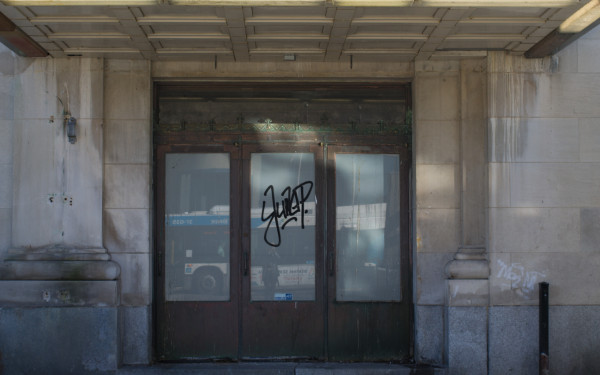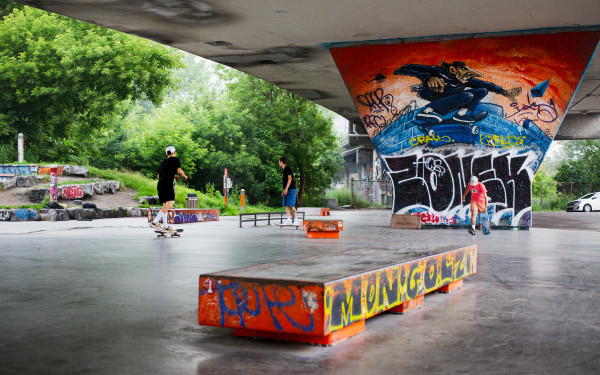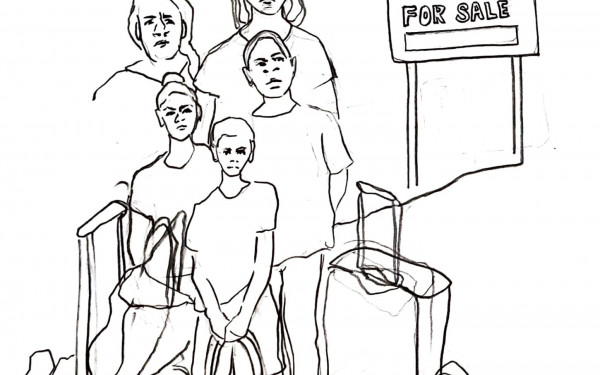Editorial: IIlegal Airbnbs Should Not Be Ignored
As Airbnbs become an increasingly popular alternative to hotels, especially in urban areas like Montreal’s Plateau-Mont-Royal and Parc-Extension, long-time residents of these areas are feeling the effects.
The proliferation of Airbnbs can be linked to a rise in housing costs, especially in trendy central neighbourhoods. In the case of Parc-Extension, where there is a high population of immigrants, this is even more problematic.
What is an Airbnb? The quasi-hotels have grown in popularity over the past few years, as they tend to be inexpensive compared to regular hotel rentals. The original concept centered around the idea that people would rent out their homes or a room to fellow travellers, for a cheaper, funkier, and more community-oriented way of finding lodging.
While it may have begun like that, many Montreal residents have noticed a change; the Airbnb meant to subvert the traditional hotel have become a business themselves, becoming indistinguishable from the hotels they were meant to usurp. Recent years have seen an increase in news reports detailing residents being disturbed by trash piling up and not being taken out, people coming and going at all hours, loud noise, and other problems caused by partying.
In April 2016, regulations surrounding hotels changed in an effort to address some of the issues caused by the rising popularity of Airbnbs. These included a $250 permit and a minimum $2 million dollar insurance policy, and a nightly lodging tax to be paid to Revenu Quebec. These rules apply to anyone renting out their home for no more than 31 days regularly.
The issue is that enforcing these rules is difficult and further strains municipal resources. Quebec only has 27 inspectors authorized to examine the issue across the entire province.
The high cost of legally running an Airbnb becomes a deterrent for some, meaning that many of these “hotels” continue to fly further under the radar of regulations and taxation.
At first glance, the idea of an Airbnb is not bad. It isn’t the quasi-hotels themselves that are the problem; its their ripple effects.
Related
Montreal is already facing the effects of gentrification. Over the past few years there have been a sharp increase in the number of stories dominated by narratives of Airbnbs contributing to gentrification and forcing long-time residents out of buildings and neighbourhoods they’ve called home for years.
This happens mainly due to the fact that an individual who rents out an apartment or condo on a regular basis can make up to twice as much as what that apartment’s monthly rent costs. With this in mind, potential buyers won’t mind spending more. This increases the average rent costs in the borough, in turn creating an increase in municipal taxes.
Overall, this puts low-income families and marginalized individuals at a disadvantage, and often pushes them out of their own neighbourhoods to make room for a new socio-economic class.
Montreal is currently entering a housing crisis, meaning that there are fewer and fewer residential buildings to accommodate a growing population. With vacancy rates as low as two per cent, and one per cent in the Plateau, Airbnbs only further exacerbate the situation by taking up space in buildings that were previously strictly residential.
The provincial government needs to allocate more resources into policing illegal Airbnbs and Montreal needs more affordable housing to lessen the strain on both parts of the issue. While both proposed solutions are costly, they would be beneficial to all of Quebec’s residents in the long term.
Having only 27 people authorized to police the issue of illegal Airbnbs (among their other tasks) is simply not enough to properly address a rampant problem, that is close to becoming systematic in its scope. The time to act is now.







